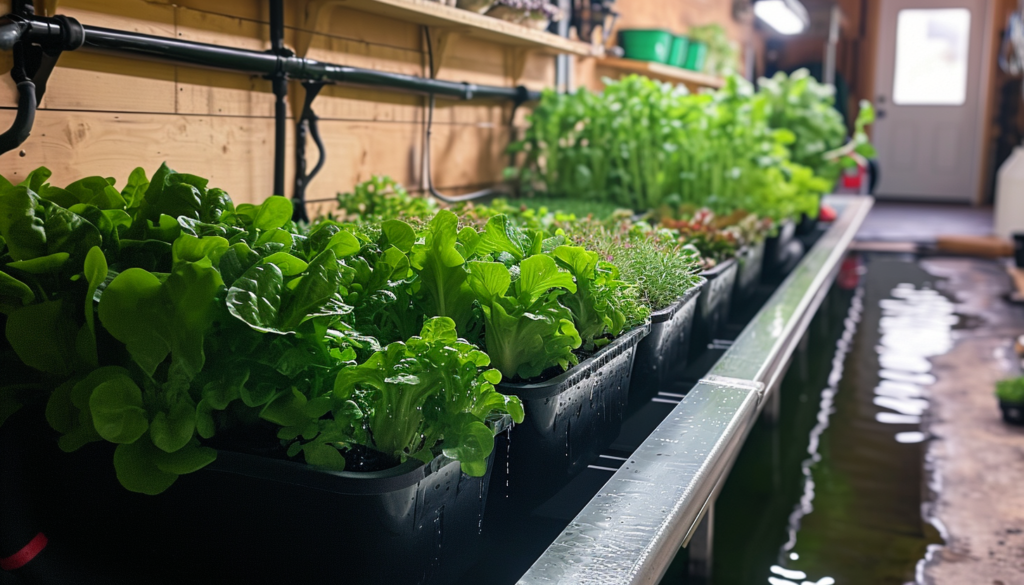
Introduction to Aquaponics Aquaponics, a revolutionary method of growing plants and fish together, has gained popularity among farmers and hobbyists alike. However, like any innovative technique, it comes with its own set of challenges.
Complex System Management One of the primary disadvantages of aquaponics is the complexity of managing an integrated system. Balancing the needs of both plants and fish requires a deep understanding of both aquaculture and hydroponics. Maintaining optimal water quality, temperature, pH levels, and nutrient balance is critical, making it a daunting task for beginners.
Initial Setup and Costs Setting up an aquaponic system can be costly. The initial investment includes tanks, pumps, filters, grow beds, and plumbing. While the long-term benefits can outweigh these costs, the upfront financial commitment can be a significant barrier.
Energy Consumption Aquaponics systems rely heavily on electricity to power pumps and maintain water circulation. This continuous energy requirement leads to higher utility bills, making it less eco-friendly than traditional gardening methods.
Lawn GardenRisk of System Failure The interdependence of fish and plants in aquaponics means that a problem in one area can quickly affect the entire system. Diseases in fish or pests in plants can rapidly lead to system-wide issues, requiring prompt and effective solutions to avoid total collapse.
Space Requirements Aquaponics systems require sufficient space for both the fish tanks and grow beds. This space requirement can be a limiting factor for urban farmers or those with limited outdoor areas.
Seasonal Limitations While aquaponics allows for year-round farming in controlled environments, it is still subject to seasonal limitations in outdoor setups. Temperature fluctuations can affect both fish health and plant growth, necessitating additional infrastructure like heaters or greenhouses.
Conclusion While aquaponics presents an innovative solution to sustainable farming, it’s essential to understand its challenges. Proper planning, investment, and education are crucial for successful aquaponic farming. Despite the disadvantages, the potential benefits of aquaponics in terms of resource efficiency and yield make it a fascinating field for further exploration and development.




Leave a Reply